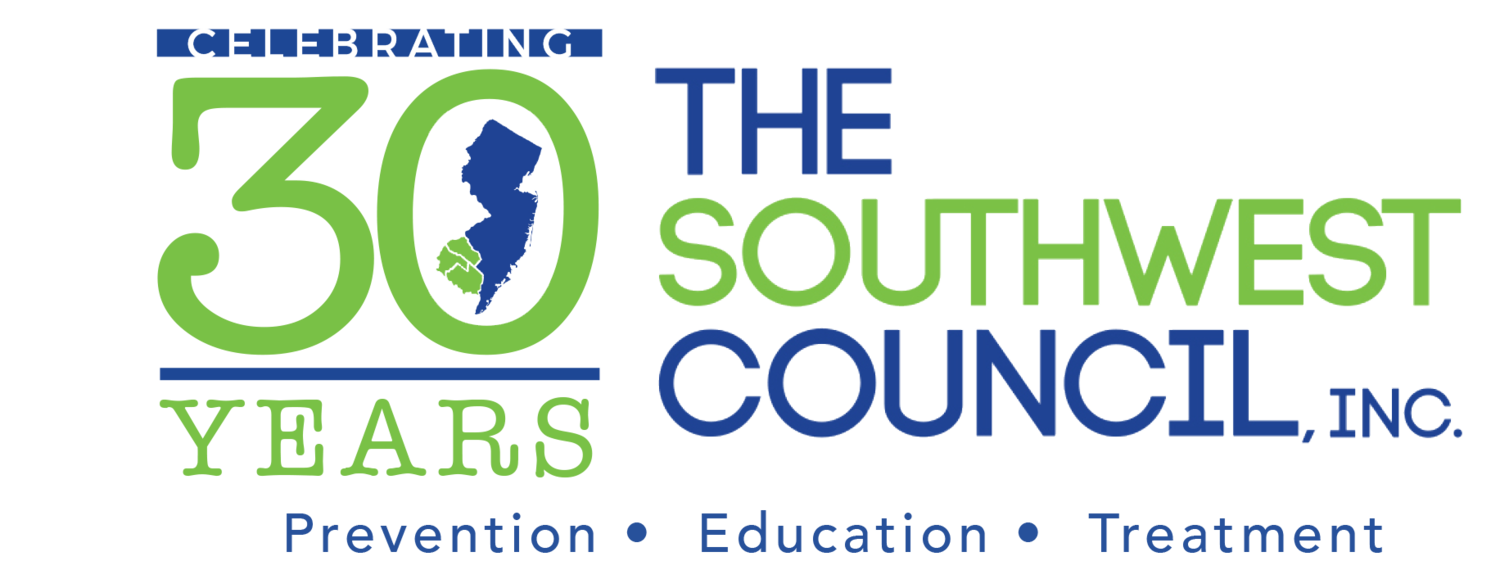by: Robert Regler
The word “essential” seemingly has become a part of our everyday vocabulary. Throughout the last couple of months businesses have been forced to close their doors in order to curve the spread of COVID-19. Only businesses deemed as essential have permission to keep their doors open to the general public. Stores such as supermarkets and hardware stores are still running and operational for obvious reasons. One type of business that’s doors have remained open during this time are liquor stores. On first glance, liquor stores do not seem like an essential business for the general public, however for a certain demographic of people they are essential businesses.
The general public may not find alcohol to be essential to everyday lives, those who have a problem with alcohol do. Those who heavily consume alcohol on a weekly to monthly basis can experience severe side effects if they abruptly halt their consumption. The very nature of addiction is that a substance or external factor changes the way the brain functions and it actively craves it. In the case of someone who struggles with alcohol use disorder, an individual needs to consume alcohol on a frequent basis just to feel “normal.” Alcohol is a depressant that slows down the central nervous system. When someone who is used to frequently having alcohol in their system halts their usage, this releases high levels of chemicals within their body.
When someone who consumes large amounts of alcohol on a frequent basis stops or cuts back on the amount alcohol they consume, they begin to experience various symptoms. These symptoms are referred to as alcohol withdraw. Depending on person and the amount they consume on an everyday basis, the symptoms can range from mild to severe. If these individuals suddenly cut out alcohol, these symptoms can begin within a six-hour period. The early symptoms can include nausea, anxiety, vomiting, and headaches. Some more serious side effects can come into play 12 to 24 hours after halting their last drink. These can include hallucinations and seizures. Finally, in less frequent, but more severe cases people can experience flu like symptoms such as increased heart rate, high blood pressure, fevers, and heavy sweating. In addition, when people progress to more severe stages, they still experience the side effects of the earlier stages.
Treating alcohol use disorder is not something that happens overnight. Typically, it is a long process that takes a combination of medical, psychological, and emotional support. Many people do not believe that liquor stores are deemed as “essential”, but the reality is they are essential for those struggling with their dependence on alcohol. If we were to deprive them of this, we would be opening up a whole new set of problems.
If you are interested more on this topic or anything similar, the Southwest Council provides free presentations on drugs and alcohol for both parents, community members, and schools. If you are interested in having a presentation, please feel free to reach out at (856) 794-1011 or visit us online at www.southwestcouncil.org.





